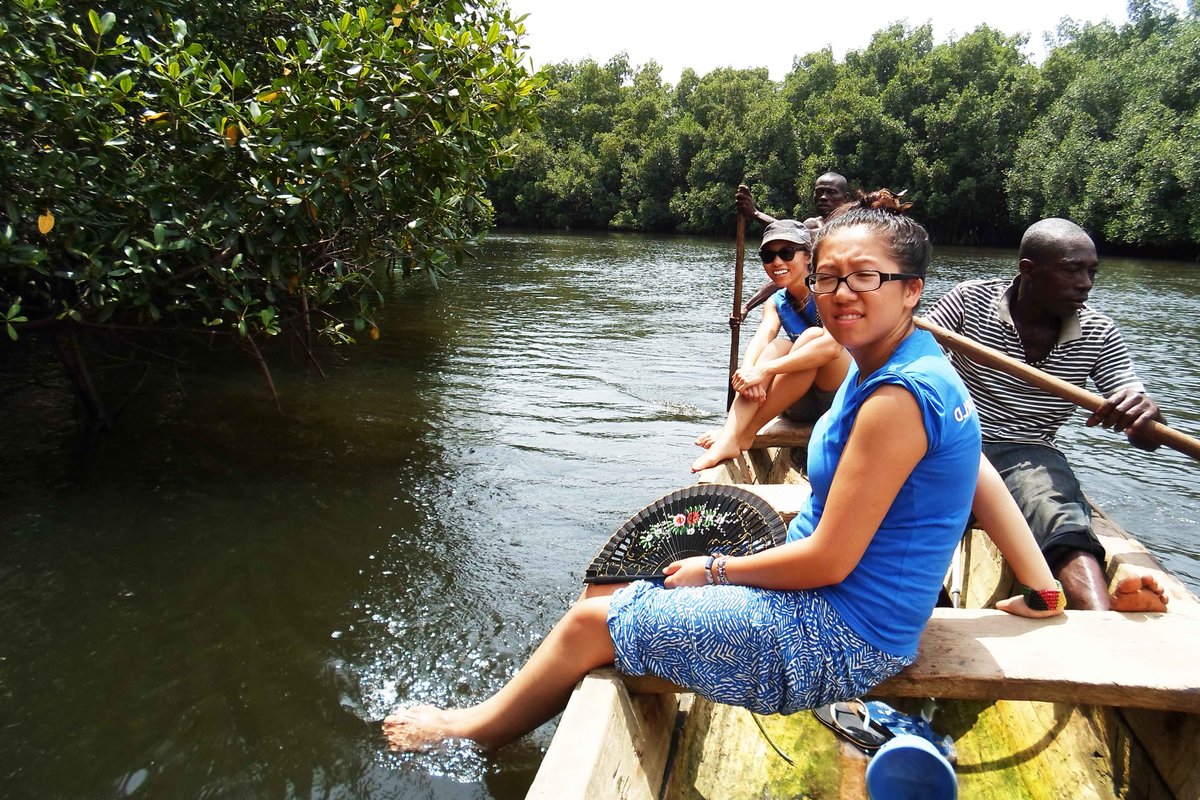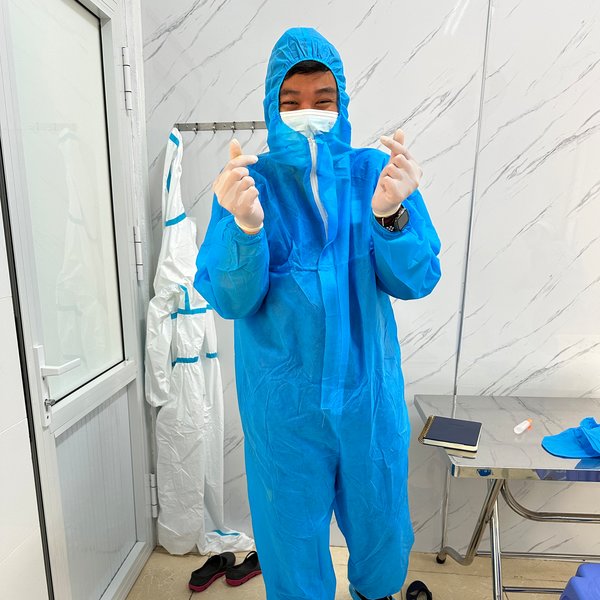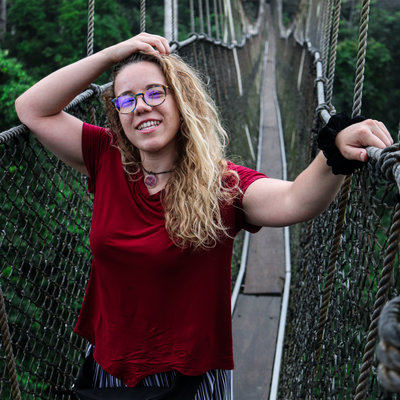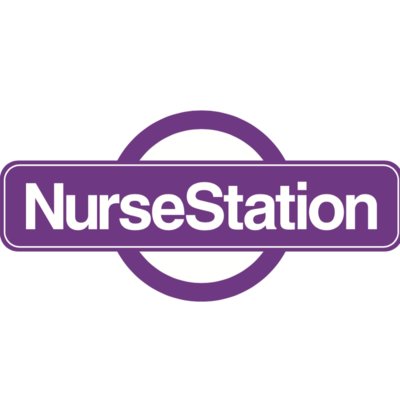University of Manitoba 2013
Embarking on this journey to Ghana was a decision I made with the intention of experiencing Africa while being involved in a placement relevant to the field of health care. The safety and security that the Work the World program offers was essential for me to travel with ease of mind. The planning process was followed by the UK staff via friendly email and phone call reminders to ensure every part of the preparation was accounted for.
I hardly knew how to mentally prepare myself for the six-week adventure that was about to unfold. Even after arriving, it took some time before it hit me that I was in Africa. Yes… I was actually in Africa! My classmate and I were greeted immediately after leaving customs by one of the Work the World (WTW) staff members, Ezekiel. We felt welcomed and safe in his company, making the transfer from Accra to Takoradi seamless.
The day after we arrived, we were given a thorough and absolutely essential orientation around Takoradi where we learnt how to get to the market, call a taxi and ensure we paid the correct fare.
Life at the house is basic, but comfortable – much more comfortable than I had ever expected. It was easy to make the bunk bed my nest every night and consider the house my home for six weeks. The house is equipped with western-style flushable toilets, running water and electricity. Power outages make you fully appreciate the running ceiling fans, but it’s not hard to embrace the African experience in all its entirety when you’re in the company of a fantastic group of housemates from around the world!
We were well-fed throughout the trip with home-cooked meals by the lovely Ophelia (and baby Benjamin) for breakfast and supper. There was often leftover food from the night before or dry goods around the house to prepare food for afternoon meals too. The house itself is very clean, not without the help of the house manager, Alhassan, who helps maintain the house on a daily basis. Outside of the Work the World staff working hours, two security guards work on a scheduled rotation outside the house to ensure our safety.
The day after we arrived, we were given a thorough and absolutely essential orientation around Takoradi where we learnt how to get to the market, call a taxi and ensure we paid the correct fare. It took some time for us to feel confident in our ability to go around town on our own, but with the help and support of the staff on site, we were able to successfully integrate ourselves into the local community. The weekly Fante lessons (one of the main local languages) were great in helping us learn the basics and use what we learnt both while on placement and when we are out and about exploring. By the time the sixth week rolled around, I swear we were practically Ghanaian!
As for the hospital– let me begin by saying that this experience is not meant to be a purely clinical experience. My classmate and I were placed in the Antenatal dispensary for two weeks, followed by two weeks at the main pharmacy. In between, we were visiting the specialized HIV Clinic as well as attending internal medicine ward rounds. As a pharmacy student, the language barrier between myself and the patients/staff was the biggest obstacle that limited my role at the hospital. However, the staff are so encouraging and helpful that as long as we are willing to use our initiative, they are willing to make the time for us. The main dispensary services a large outpatient population who do speak English, making it possible to counsel patients on their medications. The hospital staff work closely together with Joe (our Programme Manager) to accommodate our interests and clinical needs. Their flexibility ensured that I was also able to observe live births, a C-section, and an orthopaedic surgery. I was able to see what was going on and ask questions during the procedures. Pharmacy students in Canada would not have many opportunities to be inside the room for any of these procedures. From a cultural point of view, I was able to see how Ghanaian culture and religion affects health care practices. It deepened my understanding of the major health issues the country is facing.
The weekend adventures were absolutely amazing. It completed the experience with the perfect balance of work and play. After working at the hospital during the weekdays, it was great to be able to explore the other regions of Ghana. Estimated budgets and a detailed itinerary were provided if we needed help planning the weekend travels. Towards the end, we felt comfortable enough to take the local public modes of transportation to travel between places, giving us a true taste of authentic Ghanaian travel.
The village experience during our last week was the chance to delve even deeper into the culture and experience living with a Ghanaian host family. We shared a meal with the family and ate their staple food: Fufu. We helped the nurses at the local clinic perform their daily duties and outreach programs. It was a great opportunity to interact with the children as well as the local people. It truly was amazing in so many indescribable ways and proved the cherry on top off of a fantastic six week journey.
Overall, I learnt to embrace every single experience that came my way. While I had initially put more emphasis and hope on having a strong and heavy clinical experience, I realized later on in the trip that being there was more about the cultural experience than anything else. I have left my fair share of global footprints in a few countries, but I can say without hesitation that this was the first time I travelled to a place where I felt more like a local and less like a tourist. Only when we let go of being a tourist will we truly engage in an authentic travel experience to another country. One of the main reasons why we were able to become locals in this country was because of the safety and trust relationship we were able to build with the Work the World staff members on site. They were there for us 100% of the time without fail, and they took extremely good care of us.
This six-week journey spans more than just a six week event in my life. It was all about the relationships we built with the staff, both at the house and the hospital, with our housemates, and also the local people of Ghana. Sometimes we travel far away just to appreciate and realize that we already have everything we need in order to be happy. The secret to happiness is in the human to human interactions that bring joy and the very thing that can make a place a home. I will always cherish my experiences in Ghana, and remember that at some point in my life, I was able to call Ghana my home away from home.







